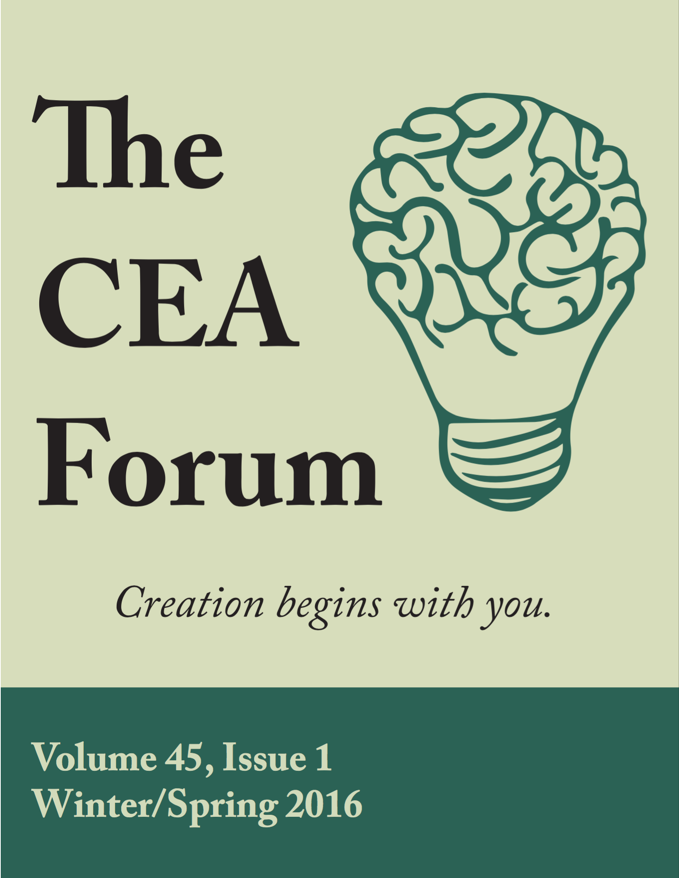Digital Liminality and Cross-Cultural Re-integration in the Middle East
Keywords:
ethnography, curriculum reform, Middle East, liminality, rites of passage, journal writingAbstract
This essay develops a theory of “digital liminality” as a way to analyze the role of technology in the classroom, and in students’ lives. It is also a report on the ESL classroom as a site of intercultural exchange between instructors and Muslim students. The role of digital media in higher ed was a question I had to confront at a Middle Eastern University, where students exhibited a strong cell phone addiction. I theorized Saudi students’ immersion in their cells as a liminal phase during a university rite of passage. Digital technology exposed them to things that would be inadmissible when they were later reintegrated into a deeply conservative society. My students wrote about living between “Western freedoms,” and a world of submission, where most of them would work and raise families. In my Freshman English courses, a temporary cell-free zone was established, enabling students to defamiliarize their use of digital technologies. Students investigated their own role as “threshold people” on the verge of a new way of life, critically examining their own digitally mediated liminality. Students then did presentations about the challenges of re-incorporation in a Saudi context. Combining ethnographic fieldwork and ESL theory and practice, I integrate excerpts from student journals, providing a personal perspective on my analysis of digital liminality, and ESL classrooms as intercultural crossroads.Downloads
Published
Issue
Section
License
Authors who publish with this journal agree to the following terms:
1. Authors retain copyright and grant the journal right of first publication with the work simultaneously licensed under a Creative Commons Attribution License that allows others to share the work with an acknowledgement of the work's authorship and initial publication in this journal.
2. Authors are able to enter into separate, additional contractual arrangements for the non-exclusive distribution of the journal's published version of the work (e.g., post it to an institutional repository or publish it in a book), with an acknowledgement of its initial publication in this journal.
3. Authors are permitted and encouraged to post their work online (e.g., in institutional repositories or on their website) prior to and during the submission process, as it can lead to productive exchanges, as well as earlier and greater citation of published work.


